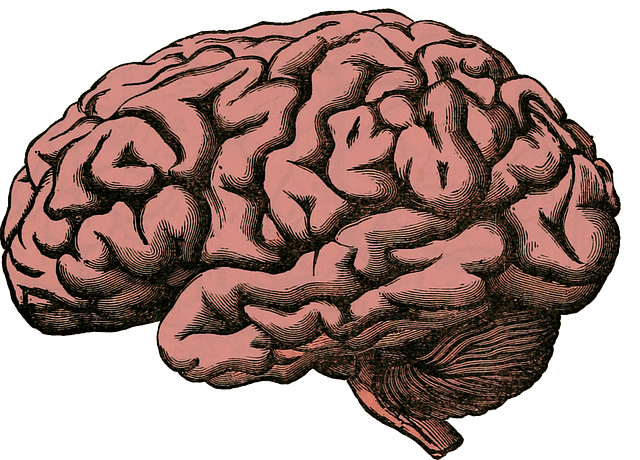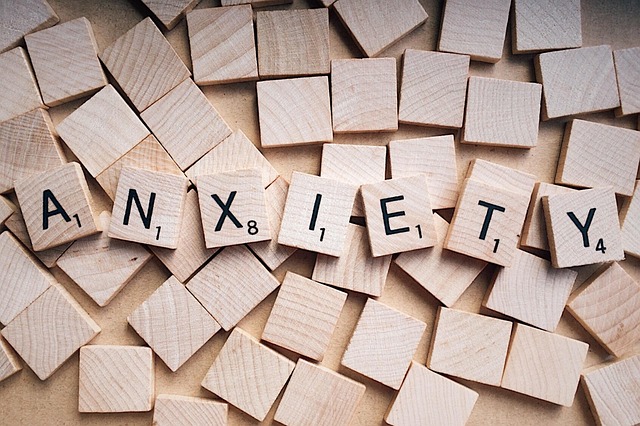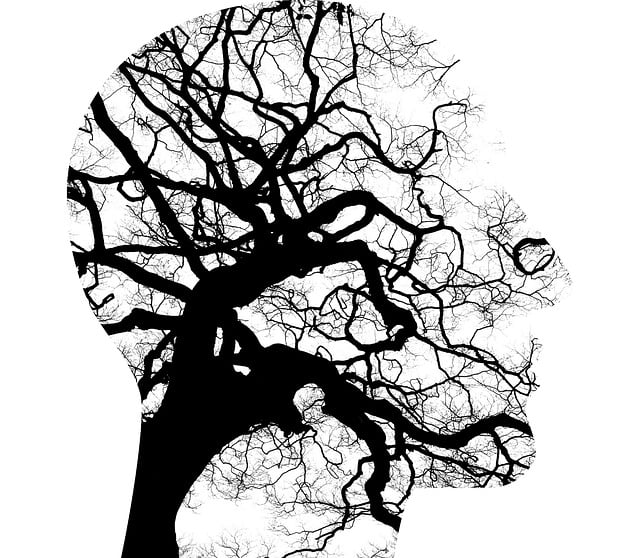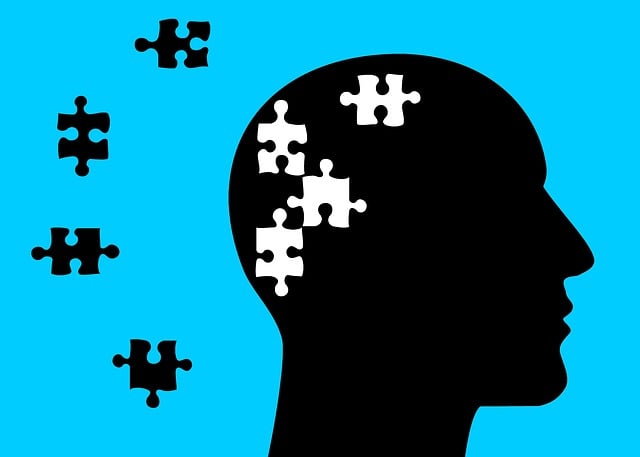Mental illness representation in media is crucial for reducing stigma and promoting empathy. However, current portrayals often perpetuate stereotypes. To counter this, initiatives like those at Highlands Ranch Learning Disability Therapy focus on accurate, empathetic depictions through education, personal stories, and expert consultation. They advocate for Mental Wellness Coaching, Mind Over Matter principles, and holistic approaches to mental health, creating a supportive community where individuals understand and accept mental illness.
Mental illness representation in media has long been a topic of debate, with stereotypes and misconceptions prevalent. This article explores strategies for more accurate and compassionate portrayals, emphasizing the critical role professionals like Highlands Ranch Learning Disability Therapy play in shaping public understanding. We delve into the impact of media on societal perceptions, dissecting how positive representations can challenge stigma and foster empathy. By examining real-world examples, we offer insights into creating a more nuanced narrative that reflects the diverse experiences of those living with mental health conditions.
- Understanding Mental Illness Representation in Media
- The Impact of Stereotypes and Misconceptions
- Strategies for Accurate and Compassionate Portrayals
- The Role of Professionals like Highlands Ranch Learning Disability Therapy
Understanding Mental Illness Representation in Media

Mental illness representation in media is a critical aspect of fostering understanding and empathy among the general public. However, portrayals often fall short, leading to stereotypes and misconceptions. It’s essential to recognize that mental health conditions are diverse, complex, and unique to each individual. Media has the power to either perpetuate these myths or challenge them by showcasing authentic narratives that reflect the realities of living with various disorders, including learning disabilities. For instance, a learning disability like those supported by Highlands Ranch Learning Disability Therapy can manifest in numerous ways, affecting every person differently.
Understanding mental wellness through the lens of media requires critical analysis. By engaging with programs focused on Mental Wellness Coaching and exploring Mind Over Matter Principles, individuals and creators alike can contribute to more accurate representations. This shift is crucial for preventing burnout among those dealing with mental health issues and promoting a supportive societal environment. Effective representation not only educates but also encourages open conversations about mental wellness, ultimately destigmatizing these conditions.
The Impact of Stereotypes and Misconceptions

The media has long played a significant role in shaping public perception of mental illness. Unfortunately, it’s also been responsible for perpetuating harmful stereotypes and misconceptions that can have detrimental effects on individuals living with these conditions. Portrayals of mental health struggles often fall into simplistic and inaccurate narratives, such as the “crazed” or “dangerous” person, leading to fear and stigmatization. These stereotypes not only hinder understanding but also deter people from seeking help.
In Highlands Ranch, learning disability therapy centers have recognized this challenge and are actively working towards more nuanced representations. Through initiatives like Mental Wellness Podcast Series Production and well-designed Mental Health Education Programs, these organizations aim to educate the community, dispel myths, and promote empathy. By sharing personal stories, providing evidence-based information on stress management, and fostering open conversations, they strive to create an environment where mental health concerns are met with support rather than judgment.
Strategies for Accurate and Compassionate Portrayals

Creating accurate and compassionate representations of mental illness in media involves a thoughtful approach that goes beyond surface-level storytelling. It’s crucial to consult with experts, such as therapists or psychologists, to ensure the authenticity of symptoms, treatments, and character development. This includes understanding the nuances of different disorders, avoiding stereotypes, and depicting recovery journeys realisticly. Engaging individuals with lived experience can also bring a depth of insight that enriches portrayals, promoting empathy and reducing stigma.
In addition, media creators should emphasize self-care practices and mindfulness meditation as essential tools for managing mental health, alongside traditional therapeutic approaches. This not only portrays a holistic view of wellness but also encourages audiences to explore self-esteem improvement strategies. By integrating these elements sensitively, media can serve as an educational resource while entertaining, ultimately fostering a more compassionate understanding of mental illness in communities like Highlands Ranch Learning Disability Therapy and beyond.
The Role of Professionals like Highlands Ranch Learning Disability Therapy

Highlands Ranch Learning Disability Therapy plays a pivotal role in challenging and reshaping stereotypes surrounding mental illness. With their expertise, they offer a safe space for individuals to explore and understand their conditions, fostering a sense of acceptance and empowerment. These professionals employ tailored approaches, such as Cognitive Behavioral Therapy, to address specific needs, promoting effective coping strategies for anxiety relief.
Moreover, Highlands Ranch Learning Disability Therapy contributes to the development of Mental Wellness Coaching Programs, integrating positive thinking techniques into their practices. By doing so, they equip clients with valuable skills to navigate mental health challenges proactively and enhance overall well-being. Their commitment to education and support is instrumental in promoting a more nuanced understanding of mental illness in the community.
In addressing mental illness representation in media, it’s clear that a shift towards accurate and compassionate portrayals is crucial. By understanding the impact of stereotypes and misconceptions, we can challenge these norms and foster a more inclusive narrative. The role of professionals like Highlands Ranch Learning Disability Therapy is invaluable; they guide the creation of authentic stories that educate and empathize, paving the way for a media landscape that reflects the complexity of mental health with sensitivity and care.









